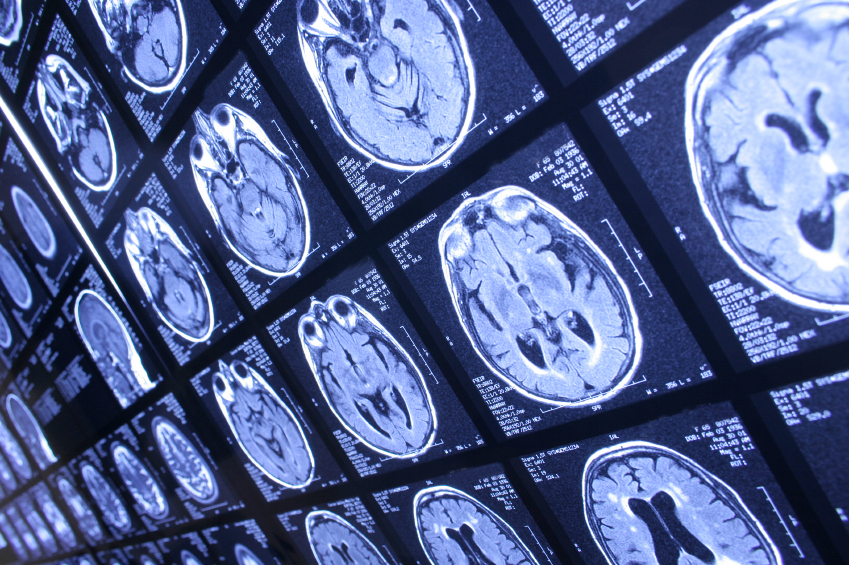 Traumatic brain injuries (TBI) are disruptions in the normal function of the brain caused by trauma. A TBI can be the result of a blow or jolt to the head, or a penetrating head injury, such as a bullet wound. Severe TBI can dramatically affect the way the body functions, including mobility, memory, and cognitive ability. But it can also significantly impact a victim’s psychological and emotional health, both of which can be included in a claim for damages.
Traumatic brain injuries (TBI) are disruptions in the normal function of the brain caused by trauma. A TBI can be the result of a blow or jolt to the head, or a penetrating head injury, such as a bullet wound. Severe TBI can dramatically affect the way the body functions, including mobility, memory, and cognitive ability. But it can also significantly impact a victim’s psychological and emotional health, both of which can be included in a claim for damages.
Behavioral Changes Caused by a TBI
Because the brain is the center of all of our emotional and cognitive functions, a TBI can significantly change a victim’s personality, leading to inappropriate aggression, mood swings, personality changes, neurosis, psychosis, and changes in sexual behavior. These behavioral changes can manifest as:
- Physical or verbal outbursts
- Difficulties in processing social situations
- Problems with self-control
- Lack of awareness of one’s own abilities and behaviors
- Risky behavior
Emotional Impact of Severe TBI
Alongside these behaviors, a TBI can also have dramatic side-effects on a victim’s emotional state, resulting in:
- Mood swings
- Depression
- Anxiety
- Self-esteem changes
- Irritability
- A lack of empathy for others
- Anger
- Insomnia
Some TBI survivors may have sudden episodes of laughing or crying, which may or may not be associated with how the person feels at the time. These emotional outbursts may not be appropriate to the situation, such as a sudden outburst of laughter when hearing sad news. In many cases, these emotional episodes are not within the person’s control.
Another common type of emotional changes brought on by a TBI is anxiety. TBI victims may experience fear or nervousness out of proportion to the actual situation, resulting in worrying unnecessarily or feeling anxious without knowing why. Anxiety can occur when a TBI survivor is being rushed, in a crowd, or adapting to sudden changes, especially those changes brought on by a traumatic brain injury after a car accident. Some victims of traumatic brain injury even suffer regular, full-blown panic attacks.
Damages for Psychological Effects of Traumatic Brain Injury
Settlements and awards for a traumatic brain injury typically include “pain and suffering” damages. This is a broad term that includes physical pain and emotional distress suffered by the injured party as a result of the accident or injury. Emotional distress, also called mental anguish, involves a psychological injury caused by traumatic events, such as anxiety, PTSD, and depression. This category of damages may also include emotions such as shame, humiliation, fear, bitterness, guilt, nervousness, and frustration.
Compensation claims for emotional distress are usually connected to physical pain and suffering caused by an injury. The more severe the injury, the higher the damages you can claim for emotional distress. However, many of these damages can overlap with medical treatment, as your emotional and psychological injuries may require therapy as a part of your larger TBI treatment plan. Alongside regular visits with a therapist to overcome your mental illness, you may also require medication and even cognitive therapy to adapt to any other changes to your brain. To determine how your damages are categorized and what compensation you can receive, it is important to discuss your case with a knowledgeable New York personal injury attorney.
At Wingate, Russotti, Shapiro, Moses & Halperin, LLP, our legal team is well-versed in handling a variety of physical injuries and accident claims. We have extensive experience litigating brain injury cases and will not leave a single cent out of your case. If you or your loved one has suffered psychological effects of TBI because of someone else’s negligence in an accident, call us today at (212) 986-7353 for a free initial consultation.